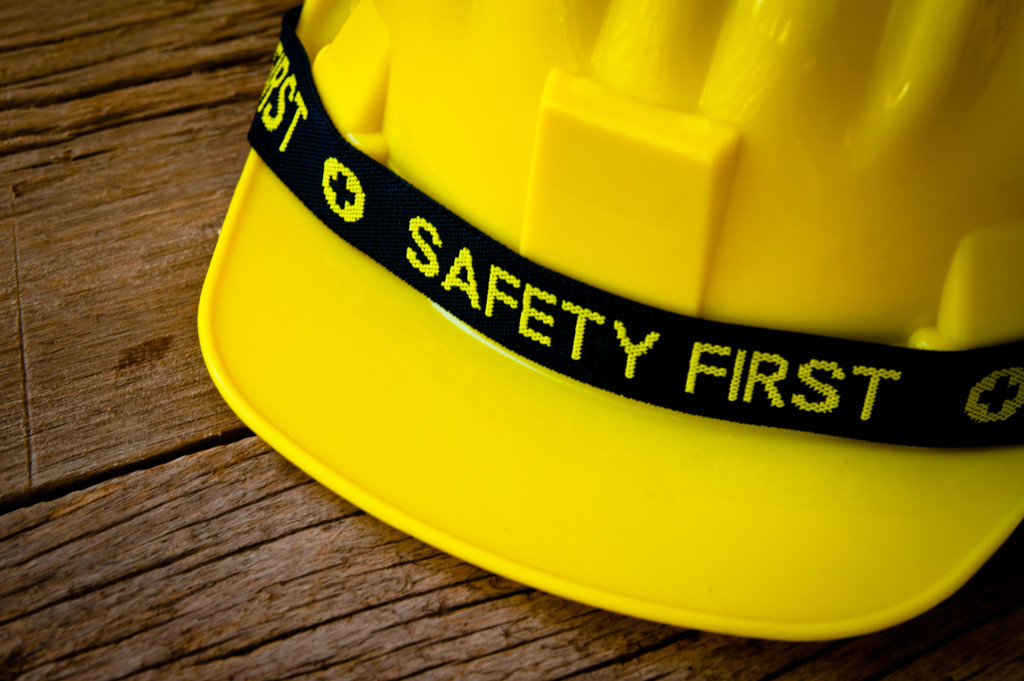- Invest in your employees, focus on safety, and have a plan for breakdowns to ensure quality repairs.
- Have replacement parts and tools on hand, train mechanics on diagnostics, and always have backup plans.
- Focus on customer service and satisfaction by communicating delays and valuing feedback.
- Utilize slow periods for training, upgrading, and marketing.
Starting and running a business is not easy; auto repair shops are no exception. You must balance good customer service, quality repairs, and safety. However, successful businesses become even more effective when they can anticipate and address issues before they even happen. Here are a few tips to help you expect problems in your auto repair business for better chances at success.
1. Invest in your employees
Your employees play a vital role in the success of your business, especially mechanics, who are the face of your business. Ensure your employees have the proper training, knowledge, and skills to provide quality repairs that reflect your business brand. Hiring experienced mechanics who understand customer service is important too. They’ll be better able to anticipate problems and explain them in a manner customers can understand.
One way to invest in your employees is to offer ongoing training and certifications. This shows that you are willing to invest in their growth, improving morale and leading to better customer service. They will also be more likely to stay with your business if they feel appreciated.

2. Focus on safety
Auto repair shops are high-risk environments that can put customers, employees, and the business at risk if not properly managed. Establish clear safety policies, such as properly handling hazardous materials, and ensure that all mechanics and staff complete safety training. This will help prevent accidents or injury on the job, which can have severe legal and financial repercussions.
It would be best to consider working with an experienced personal injury lawyer who can advise you on best practices for avoiding liability. These professionals can review your safety protocols and inspect the premises to ensure everything is up to code. They can also help you set up insurance to protect your business against potential litigation.
3. Have a plan for breakdowns
As much as you hate to think about it, breakdowns can and will happen. Make sure you have a plan in place for these occurrences. Here are some steps you can take to ensure a smooth process:
a. Always have replacement parts and tools on hand
This will speed up the repair process and minimize customer waiting time. You want to be able to provide fast and reliable service.
b. Train employees on how to quickly diagnose breakdowns
Your mechanics should know precisely what to do when a breakdown occurs. An established protocol will help them address the problem swiftly and efficiently.
c. Have backup plans
Sometimes breakdowns cannot be prevented, no matter how well you plan. Be prepared with alternatives like offering a loaner car or discounting the repair cost to keep customers happy.
d. Keep records
Document each customer’s breakdown and repair. This will help you identify patterns in future breakdowns, allowing you to anticipate problems better and offer preventative services.

4. Keep your customers happy
Studies have shown that happy customers are loyal customers. Implement a customer service plan that addresses their needs. Work with customers to create a system that works for both parties and communicates with them regarding delays. Keep them updated to reduce the chances of upset and disgruntled clients.
You should also use customer feedback to your advantage. Take their feedback seriously, and thank them for taking the time to provide it. This will show your customers that you value their opinions and help build trust in your business. If customers trust you, they will be more likely to return.
5. Prepare for slow periods
Every business has slow periods where there are fewer customers. But you can use these times to focus on improving the business. For example, use slow periods to train your employees, upgrade your workshop, and streamline processes. Don’t just sit around, do something that will benefit your business in the long term. You can also use these times to network and market your services.
Human error and unforeseen events can happen and may negatively impact your business. But by anticipating issues before they become a problem, your auto repair business is on the path to success. Invest in your employees, stay updated on safety protocols, plan for breakdowns, keep your customers happy, and prepare for slow periods. By doing these things, you can ensure that your auto repair business will remain successful for years to come.
